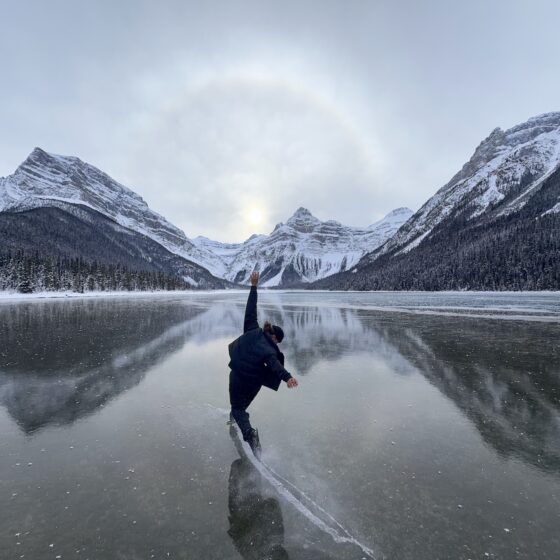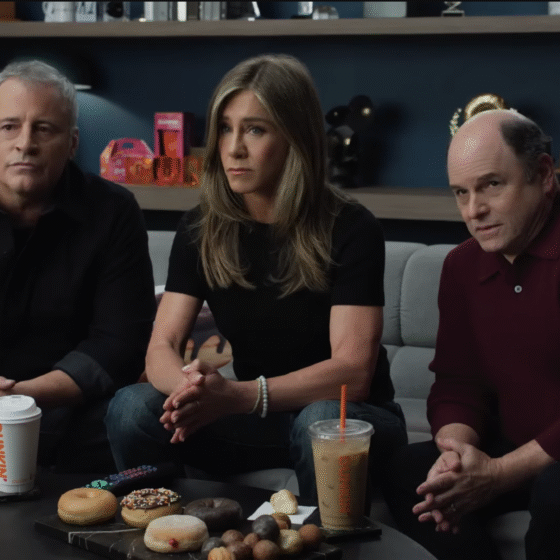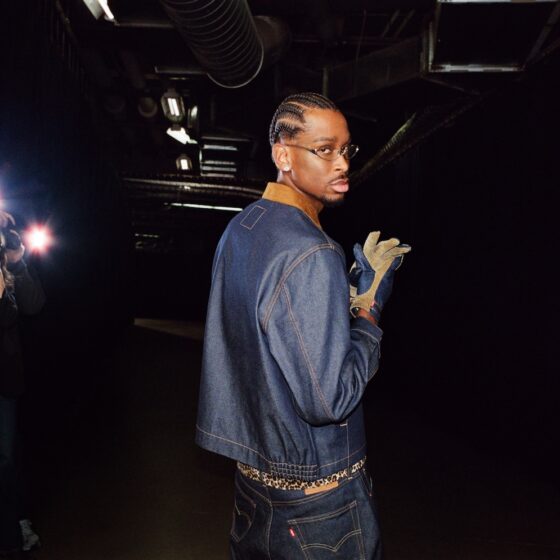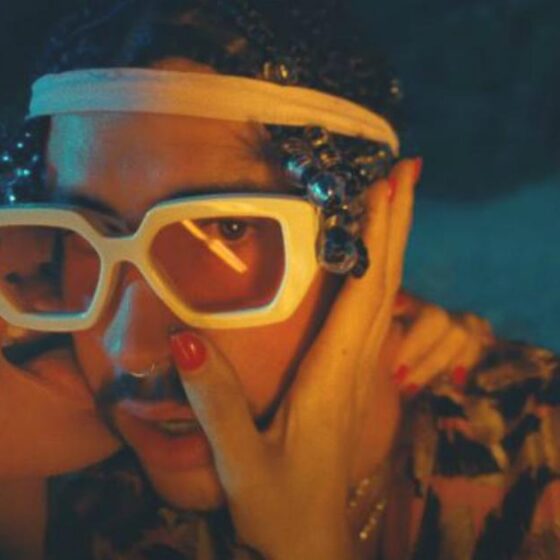Dune: Part Two, directed by Denis Villeneuve made a splash at the box office this past week, as sci-fi lovers flooded the theatres to see the anticipated film, which famously delayed its release date due to last year’s Hollywood strikes. Dune: Part Two opened on March 1 and has grossed over $396.8 million worldwide. The sequel has some big shoes to fill. As you may recall, the original 2021-made Dune won six(!) Oscars at the 2022 Academy Awards, including Best Cinematography, Editing, core, Visual Effects, Production Design, and Sound. It was also nominated for Best Picture.
See also: 10 best car shows worth binging on Netflix right now
An A-list lineup of actors who bring their own unique traits to the big screen, but coexist in harmony…
For those in the dark, the big-budget films are based on the famed 1965 book of the same name. In short, the two-part (so far) film series follows Paul Atreides as he unites with the Fremen people of the desert planet Arrakis to wage war of revenge against House Harkonnen, who destroyed his family. The film takes place about 20,000 years from now.
ADVERTISEMENT |
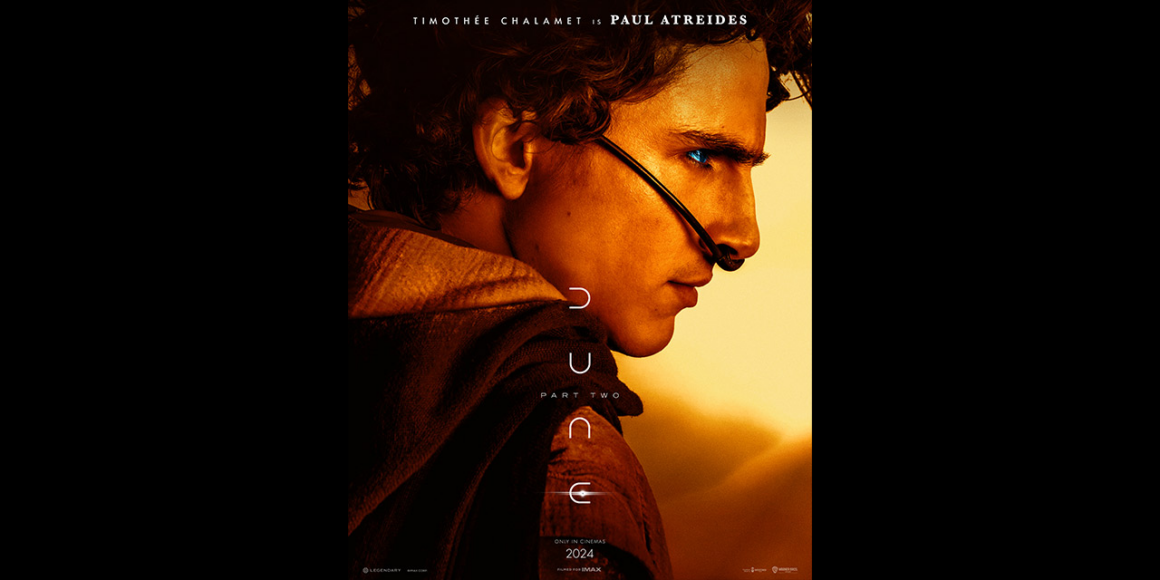
Dune’s A-list-packed cast didn’t hurt its mass popularity. It stars big names like Timothee Chalamet, Zendaya, Rebecca Ferguson, Javier Bardem, and Jason Momoa. Dune: Part Two sees Austin Butler, Christopher Walken, and Florence Pugh join the famed cast.
But the real magic-maker could just be the film’s talented, homegrown director. As yet another example of Canadians making major moves in Hollywood, Quebec native Denis Villeneuve cowrote and directed both the buzzed-about Dune film and its new sequel. Villeneuve is no stranger to seeing his work on the silver screen; he’s behind celebrated films like Arrival (2016) and Blade Runner 2049 (2017). If this is the first time you’re hearing his name, it definitely won’t be the last.
Dune: Part two
On a panel at Brazil’s CCXP conference in December, Villeneuve said that Part One and Two were always meant to be back-to-back. “I used to say when I did Part One that it was the appetizer and that Part Two would be the main course,” he said. “It’s a movie that is much more action. It’s a much more emotional, complex, muscular movie, and with a love story.”
ADVERTISEMENT |
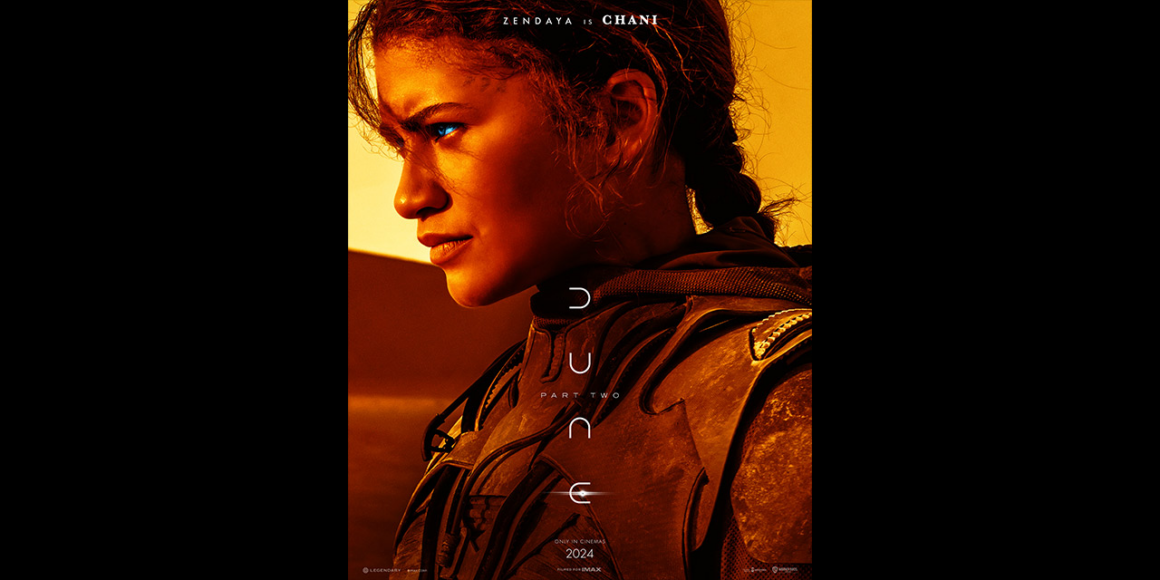
From its cinematography and special effects, to its costumes, it’s also an impressive visual feast for the eyes – one definitely worth seeing on the big screen. The film was shot entirely on IMAX. In a recent interview with British Esquire, Villeneuve cites film Lawrence of Arabia (1962) as the first on his list of films that influenced him in the creation of the recent movie.
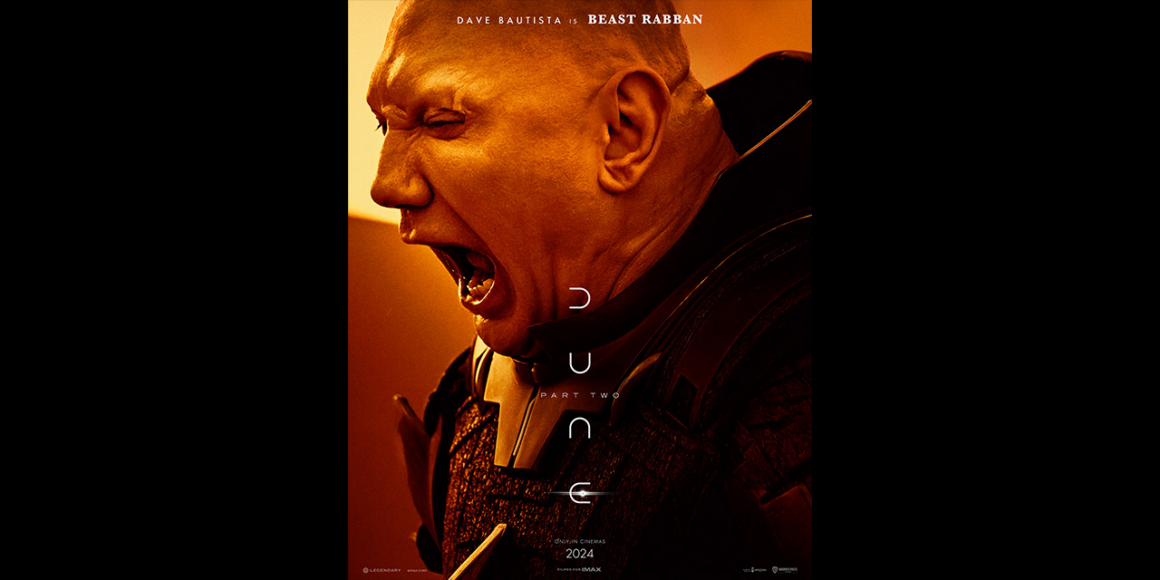
Lawrence of Arabia
“The story of Lawrence of Arabia inspired directly Frank Herbert when he wrote the story of a man who falls in love with a culture and – at the end – will betray that culture and its exploration of the impact of colonialism; the ideation of colonialism,” says Villeneuve. “When I saw that movie as a film student, it was like a master class into filmmaking. A lot of filmmakers will say that Lawrence of Arabia is a landmark, infamous story. When you watch a 17mm print of that movie, as a filmmaker, you can’t be the same when you get out of the theatre. There’s something about the use of the power of the landscape and his ability to refocus on the intimate journey of that character and keeping in those grand-scale action sequences that use the power of the desert to express themselves.”

Villeneuve says Lawrence of Arabia had a “tremendous” impact on both him as a filmmaker and on Dune. Of course, it was made in a completely different era. “When David Lean [the film’s director] made his movie, he had no computer-generated images,” says Villeneuve. “These guys were the real deal. What they were able to achieve at the time was beyond – they have all my respect.”
ADVERTISEMENT |
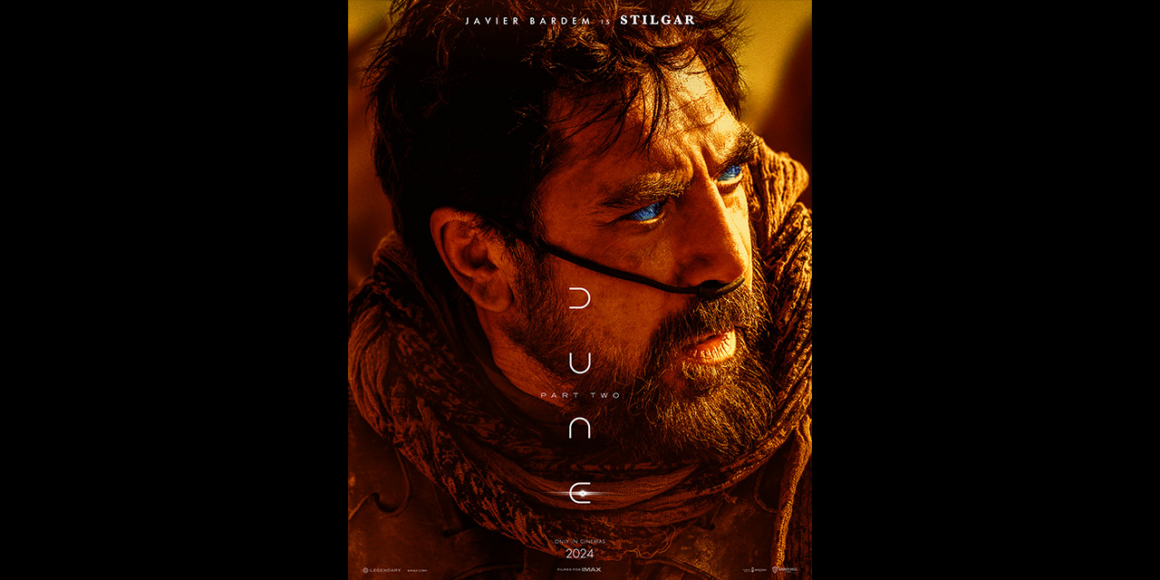
In this film, Villeneuve’s focused on the relationship between the main protagonist, Paul Atreides (Timothée Chalamet) and a young woman Chani (Zendaya) with whom he starts a relationship, something he calls the centre of the story. “It’s the old movie structure – what’s happening between them,” says Villeneuve. “Through their relationship, we learn everything about the tension of politics and everything will unfold through their eyes.”

In Lawrence of Arabia, Lawrence is a white Englishman from a different culture who finds himself in the desert and immersed in a group of newfound tribes. Meanwhile, in Dune, a young man finds shelter within a tribe deep in the dessert, something Villeneuve says will “solidify his identity as a human being.” He feels at home with them, says Villeneuve, and embraces their culture but in a context of oppression, where he’s forced to fight against the oppressor.
The storytelling
Like a handful of films as of late, Dune: Part Two has a relatively long run time, of about two hours and forty five minutes. “The length of the story is based on what the story needs,” says Villeneuve another interview with Collider. “I’ve made movies that are 75 minutes and this one is two hours and forty five minutes, I think. For me, it’s not about the run-time, it’s about the storytelling. I wanted to create a momentum and energy with the movie that excited me. And I thought that was the perfect run-time.”
ADVERTISEMENT |

No matter the physical length of a film, Villeneuve says it’s about the experience and how it makes you feel. “You could be bored in a five-minute movie,” says Villeneuve. “There are some movies – we know some of them – that are three or four hours and you could live there forever. You have to just find the perfect run-time, so that’s what I tried to do.” Yet, die-hard fans have not been thrilled to learn of many deleted scenes. The film won’t release an extended version, so don’t expect to see any deleted scenes from either film make their way into Blu-ray or boxed sets.
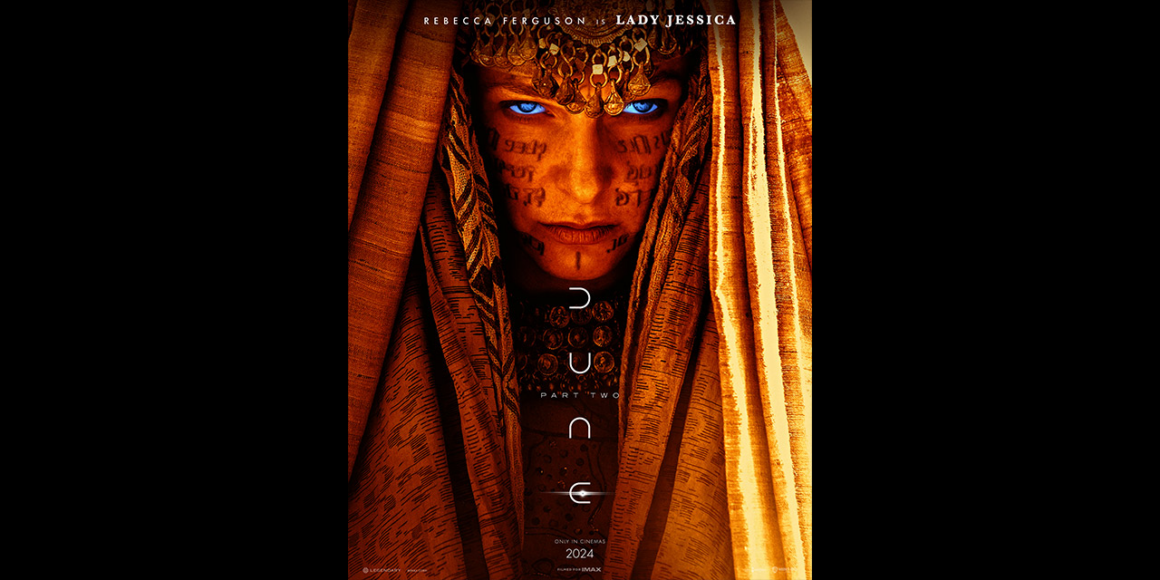
“I’m a strong believer of once it’s not in the movie, it’s dead,” says Villeneuve. “And I kill darlings, and it’s painful for me. Sometimes, I remove shots and I say, ‘I can’t believe I’m cutting this out.’ I feel like I’m [taking] a samurai and opening my cuts.” Villeneuve says he can’t go back and try to reanimate things he’s killed. “It’s too painful,’ he says. “Once it’s dead, it’s dead – and it’s dead for a reason. I’m severe in the editing room; I’m not thinking about my ego, I’m thinking about the movie.”
Is Dune: Messiah next?
Our culture of “what’s next” can’t help but wonder what’s next for the Dune franchise. In his six-book series, Herbert’s Dune: Messiah, the second, is next. So, the burning question among journalists was, naturally, is Dune: Messiah next?“ I go one movie at a time, and I just finished Part Two; to do a third one, I have to make sure I have something interesting and a fresh screenplay that will bring something fresh and new,” Villeneuve told Jake’s Takes.

If someone else was to come in after Dune: Messiah, Villeneuve was asked what advice he’d give directors brave enough to follow in his footsteps and helm the project. “The next books are much more wild and maybe more difficult to adapt, but I’ll be there to help and can give the basic lines of the way I approached it to make it thematic,” says Villeneuve. “ I would be happy if someone else was willing to do that.”
ADVERTISEMENT |
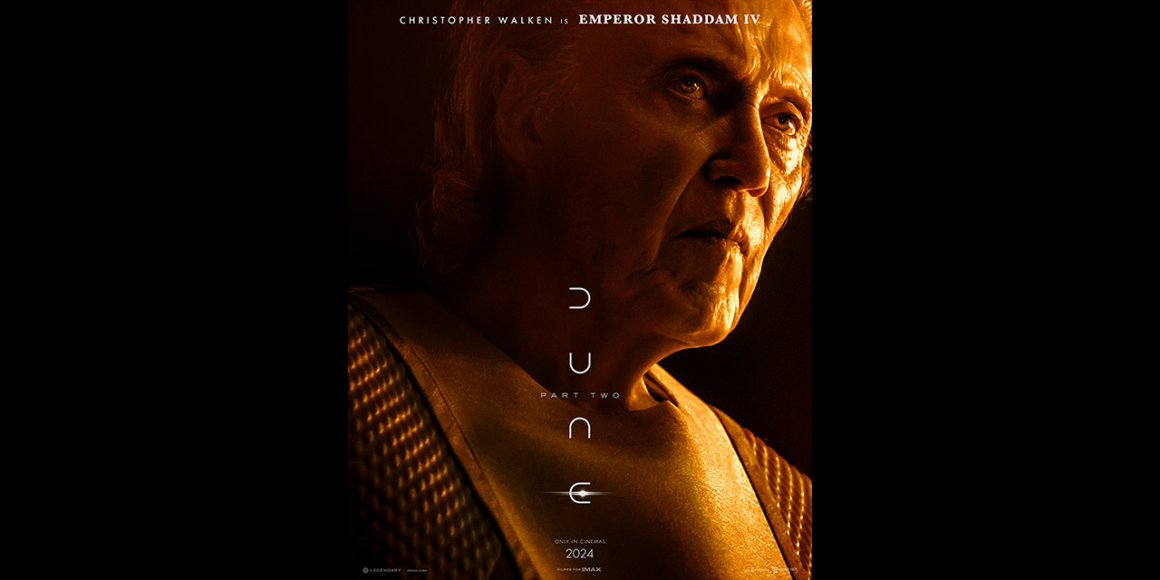
In another interview with Collider, Villeneuve reveals a little (just a little more) about the future. He reiterated that the two existing Dune films to date were always meant to be part of the same package, being part of the same novel. “I want to make sure that, if we do Dune: Messiah, that we have the best screenplay on the table and, for that, I want to take the time to do it,” says Villeneuve. “I think it would be healthy not to necessarily go back into the desert right away, that I make a little detour, but – honestly – I don’t know what my future is now, which I love. I worked for the past six years non-stop; it’s a blessing, but we need to make sure that if we do Dune: Messiah, I want to do the best movie possible, so I want to take my time.”
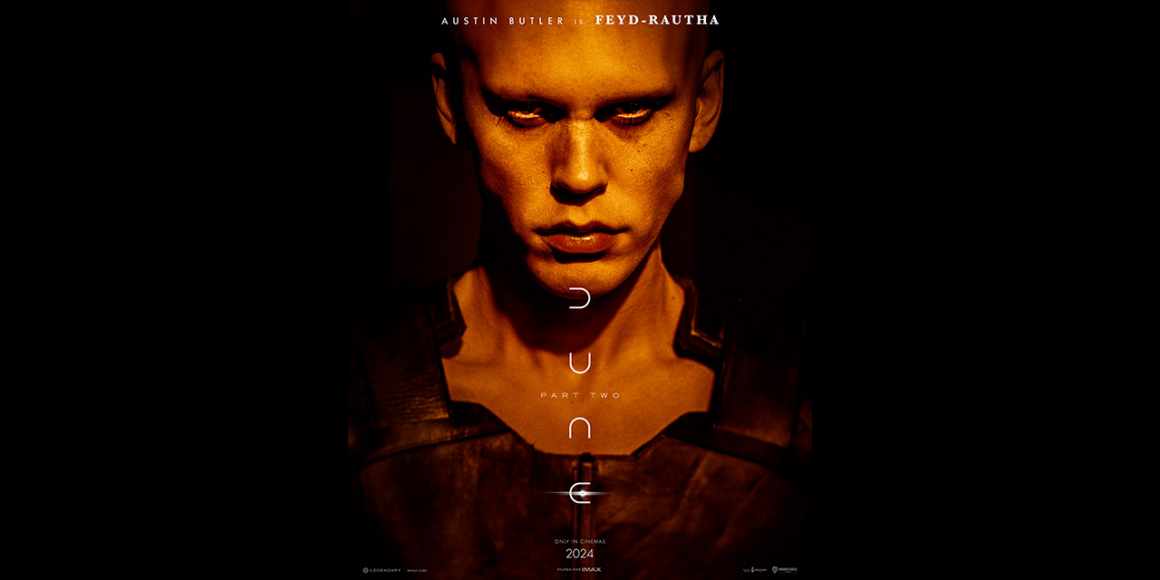
So, while we can’t expect to see trailers for the next Dune installation in the near future, Villeneuve does reveal to Collider that a script is in the works. In the meantime, Dune: Part Two continues to fill theatre seats – and bring in dollars – globally.




